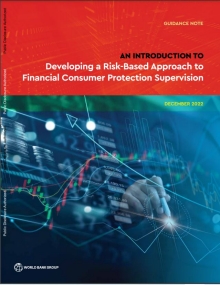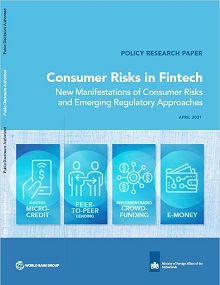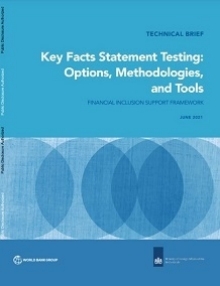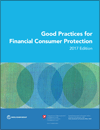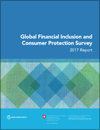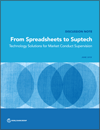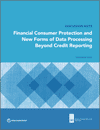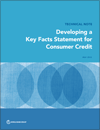Financial products and services play a significant role in enabling consumers to build their resilience, seize opportunities, and meet essential needs. However, consumers also face a range of risks when engaging with such products and services. For financial consumer protection (FCP) to be helpful in mitigating such risks, effective FCP supervision, in addition to regulation, is essential. However, authorities’ supervisory resources are always limited. The reality of limited resources is typically even more acute in emerging markets and developing economies. Authorities around the world are therefore increasingly focusing on implementing ‘risk-based’ supervision (RBS) for FCP. RBS is intended to focus limited resources on the most important issues within an authority’s supervisory scope, in a forward-looking and proactive manner. This Note provides guidance on key issues and decisions that authorities should consider when establishing FCP RBS.

